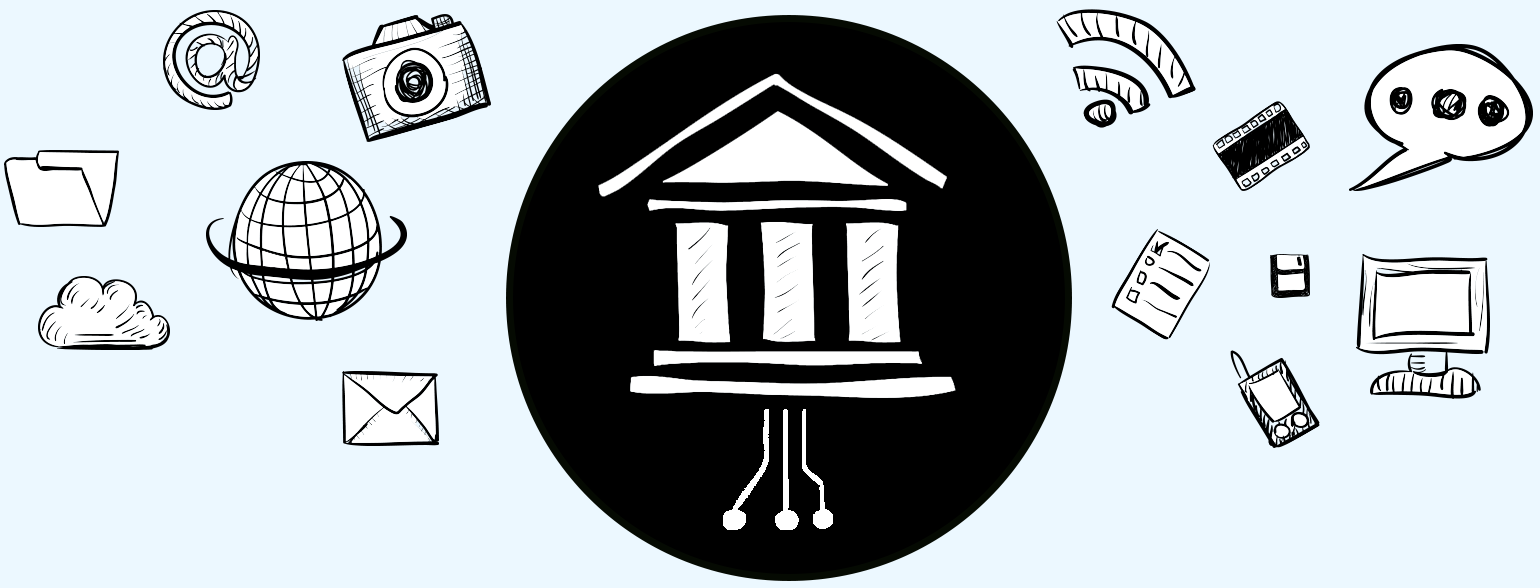The CITIZEN ARCHIVE PLATFORM (CAP) aims to submit all kinds of data-based objects such as images, video, audio files and texts. They will be stored by museums and archives and then integrated in a professional non-profit archival system. As an innovative digital toolset is directly related to citizens’ participation.
To date, citizens, artists and citizen movements have no chance to archive their personal data without the big data companies. The local museums and archives involved in this project will empower them and will then build up the basic and secured infrastructure in cooperation with the participants to overcome this fault.
This new infrastructure for our citizens is also crucial, when it comes to new forms of contemporary collecting. The greatest challenge – also in view of the ‘participatory turn’ in archiving and museum collecting – is therefore the development of a scalable, flexible and easy-to-use collaborative tool that enables private individuals to submit records into archival, libraries and/or museums. To follow this idea, we developed and distributed a public digital platform for all people in the cities of the project partners to submit born digitals, hybrid and (digitized) analogue objects. The process of curation by the liable institution (appraisal) is important to make the suggested data hand able for the collecting institutions.
Of course the submitted data will be secured under national archival law and the General Data Protection Regulation (GDPR) – all data processing (CAP, digital archive/repositories, archive/museum information systems etc.) will run on top data security systems.
You can visit the CAP-Website here

